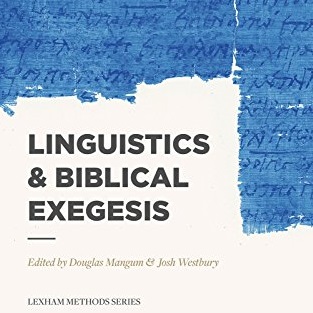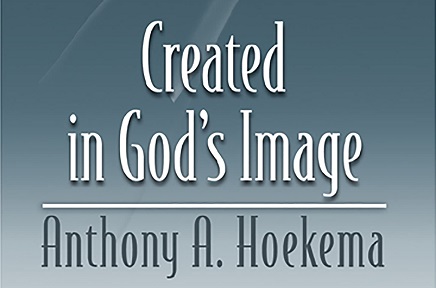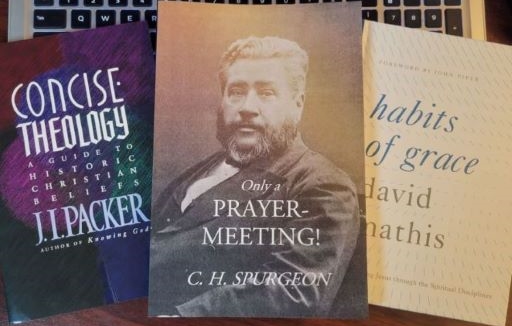Linguistics & Biblical Exegesis: Motivation
The final three chapters, chapters 6-8, were a nice bridge from the shortened specifics of linguistic study and history towards a sounder study of scripture. Six focused on issues directly relating to Hebrew, seven to Greek, with eight being a well-spoken defense, a resounding “yes” answer to the question, “Is it all worth it?”
Chapter 6 focused on issues with Hebrew linguistics, and my background and grasp of Hebrew is smaller than it is for Greek (itself not all that great). I’ll admit that as the author spoke on the troubles of understanding the verbal stems and their potential relations, I was intrigued. But I also felt like I was at the top of a fog-covered mountain trying to find my way back down, visibility at minimum.
The difficulty of a small amount of source material for determining meaning and truly taking advantage of modern linguistics, itself bent towards the study of living languages and their communities, was articulated perfectly, however.
This paucity of data led nicely into the next chapter on Greek, where the opposite was the case: too much data, especially recently, has made cohesive wholes difficult, resulting in a lot of published work being derivative as well as incomplete.
Greek, too, has received tons of attention regarding its verbal system, with arguments over the representation of tense and/or aspect, and how to understand the voice system (active/passive with a ton of deponency) or a middle system expressing subject affectedness with a coordinated, “default” active system. Aubrey covered this material well. Overall, the information was an easy read, and not incredibly argumentative. He even got to give a nice shout-out to his wife (I have a link to the sited work below).
The final chapter was the cherry on top of the whole effort. If one has gotten through to this point, they are hopefully on the same page already. But in case one has gotten that far, and is still wondering if linguistics is really worthwhile when doing biblical studies, the affirmative answer is laid out clearly. As another commentator before me has said, it would be perfectly reasonable to read this chapter first, and let the passion drive through to reading the rest. I actually preferred it being final, as it allowed for a dense center, a bit of sharp reality, and then an uplifting final note that should leave the reader ready to study some more.
(As an Amazon Associate I earn from qualifying purchases.)






